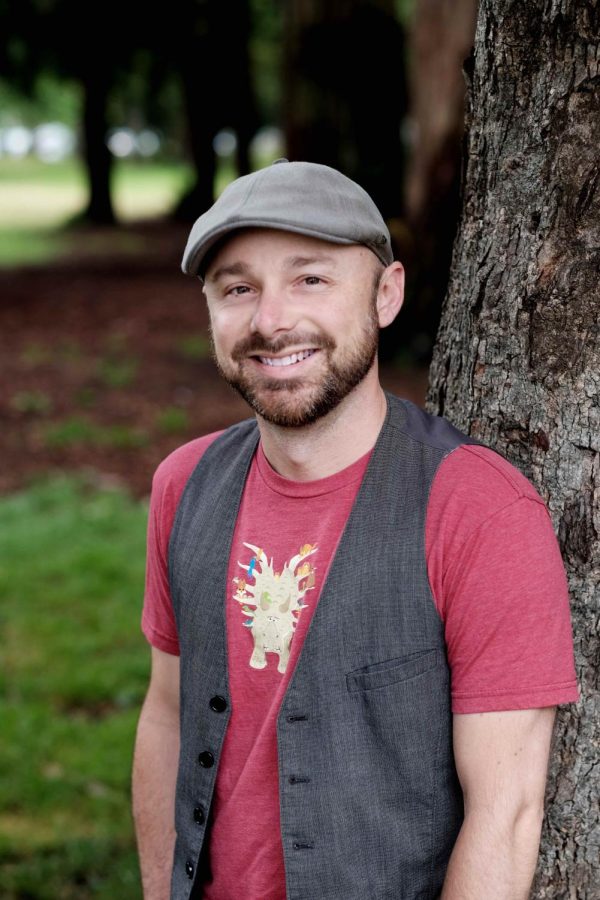Q&A with Miah Jeffra
January 31, 2022
Meet Miah Jeffra, a CWU lecturer with the English department, and co-founder of award winning literary journal Foglifter Press, a queer collaborative focused on publishing multi-marginalized writers. Miah studied English, Theatre and Music at Oglethorpe University and later completed a Master of Fine Arts in Critical Studies, and a Master of Arts in English. Their research interests include antiracist and decolonial studies, global aesthetics, psychogeography and queer theories.
Q: What did the process look like for you and your co-founder to create Foglifter?
A: At the time (2015) there weren’t many—if any—U.S. literary magazines dedicated solely to queer and trans voices. The dearth of complex representation is what inspired us to found the magazine. Many literary magazines, even if they publish LGBTQ+ voices, default to straight and cis audiences who might not find complex queer/trans issues and identities particularly legible. We wanted to provide a platform for these more nuanced stories and ideas. To complicate representation. We solicited writers we loved, we came up with a design aesthetic for the magazine, and released our first issue in Spring 2016. Since then, it has been a collaborative labor with a wonderful team of writers/editors. It’s evolved a lot. I’m so grateful for the team I work with.
Q: Do you have a favorite piece you’ve published or written? What was it and what was the inspiration behind it?
A: I’m not allowed to say I have a favorite! That’s like a parent favoring a child, right? Some of my favorite writing experiences have been with poetry, but I will never publish that work. Those babies are for me, only.
I get excited when I feel I clearly achieve an intention in my work. In that vein, there is a short story I wrote called “Ain’t No Thing.” It was intended to be a cautionary tale, a story written to reveal the cultural racism that all of us white and white-passing folx possess. The protagonist is rendered as a sympathetic character, yet one who demonstrates a racism that I think the most conscientious of white folx—including readers of literature—will gradually recognize within themselves as they read the story. If we writers want to challenge the reader’s notion of who they are by reading a work of literature, then I feel that story served to achieve that. It’s published in StoryQuarterly, as well as in my story collection, The Violence Almanac.
Q: When did you know writing was your calling?
A: I still don’t know if it is. Haha! At one point I thought dancing was my calling, then I thought music was my calling. Photography, sculpture. I guess they all revolve around the arts.
If anything, I feel teaching is more of a calling. Writing for me, however, is necessary—to make sense of the world, to discover my peculiar understanding of it. Which, I hope, informs my teaching.
Q: If you could be any animal, what would it be?
A: An octopus, for their adaptability—but one that lives more than a couple of years! An otter, for their versatility. A porpoise, for their fierce and playful living.
Q: Favorite film or film genre?
A: I love satire and dark comedy—Heavenly Creatures, The War of the Roses. But a more recent film I loved was Denis Villenueve’s Arrival, for its hopeful treatise on humanity and language. I cried for an hour after watching that film, and it wasn’t because I was sad.


